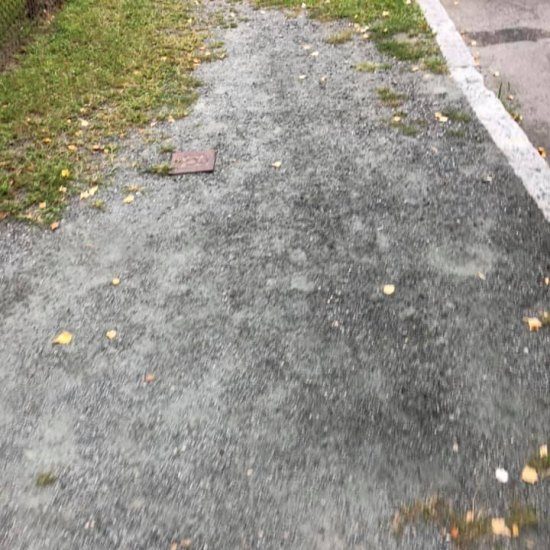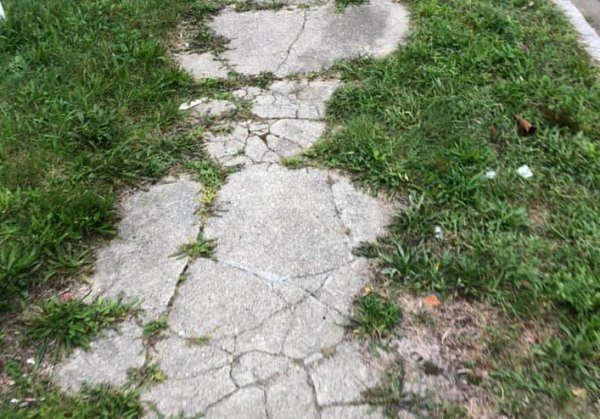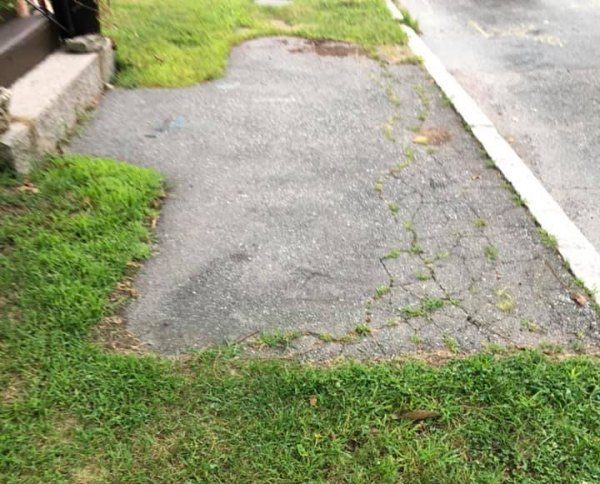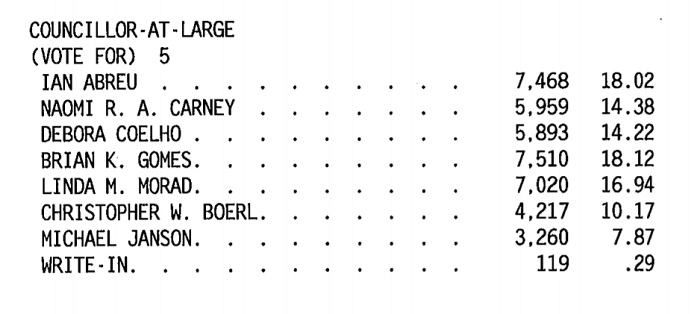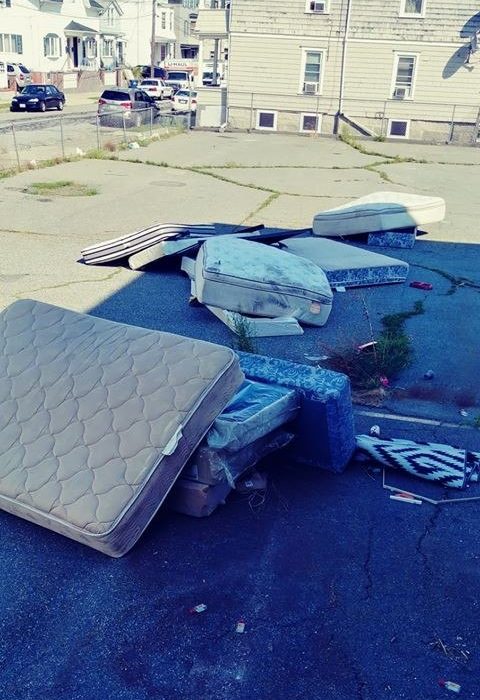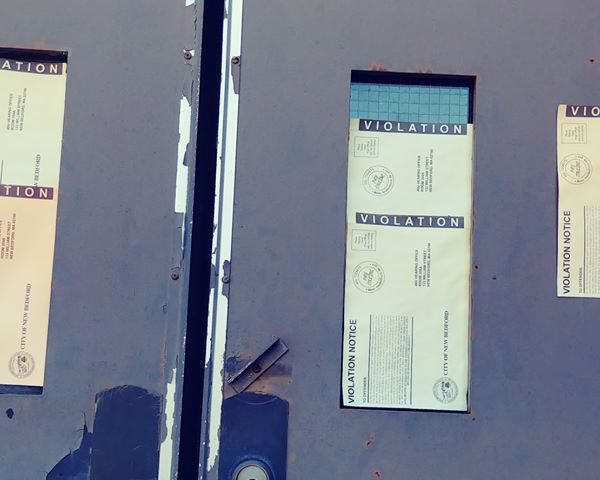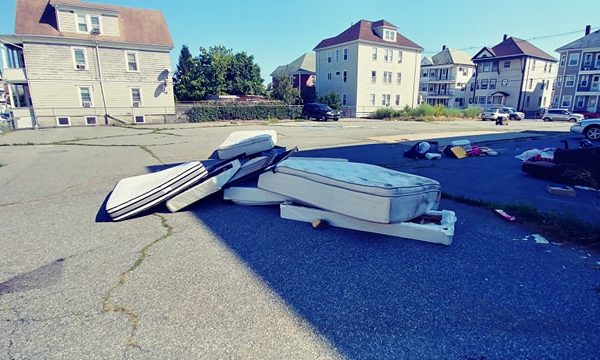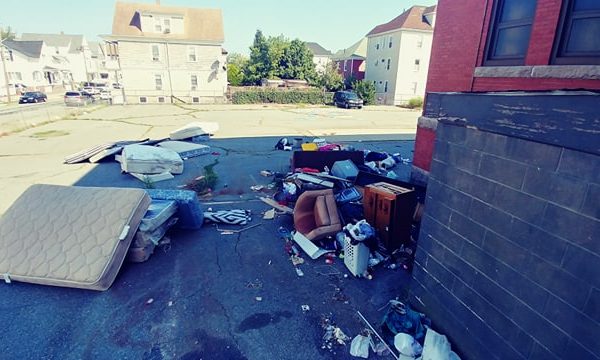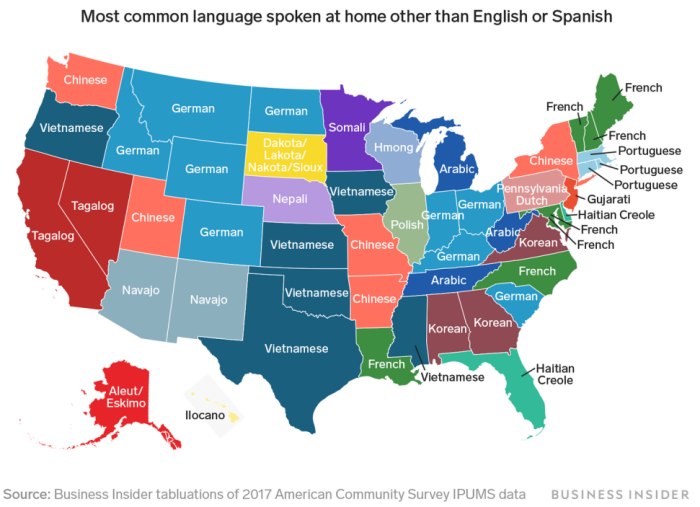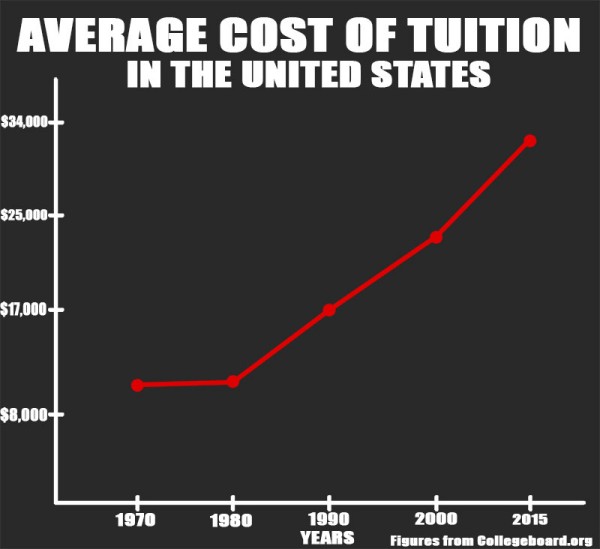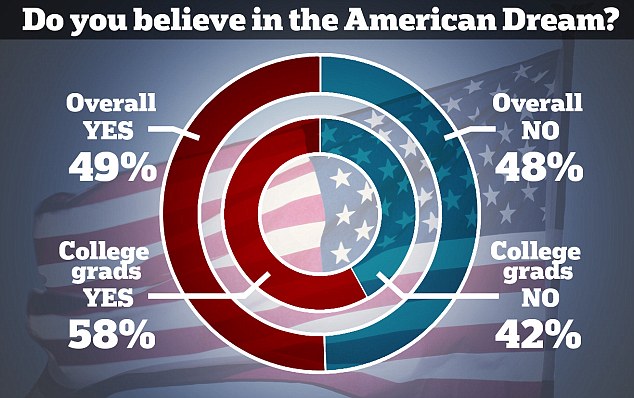Let’s face it: the $51 billion dollars a year war on drugs has not and will never reach its own declared objective of reducing illegal drug trade in the United States. It’s as easy to get ahold of drugs as it has ever been. Even teenagers can get a large variety of drugs with ease, so let’s admit that the federal government’s war on drugs through drug prohibition, law enforcement, and even military intervention, and its methods aren’t working. They are trying to put out a bonfire by using a water pistol.
The accomplishments of the war on drugs so far? Increasing federal spending toward law enforcement and federal prisons which is now a $180-billion dollar industry. Prisons are now overpopulated and bloated with individuals who need help with a chemical addiction not punishment for it. Punishment doesn’t kick a habit and it is not a deterrent in any way when you are chemically addicted. Even if they wanted to kick the habit it’s hard enough, nearly insurmountable on one’s own and placing them in prison ignores that chemical process. In fact, throwing them in prison makes them more desperate and frustrated and they are in an environment that will actually make them better criminals.
They can and will get drugs in prison anyway – the very place that is supposed to “teach them a lesson” for doing drugs.

In addition, this all creates a monumental, overwhelming burden on our judicial system and judges who shouldn’t be asked to address people who are chemically addicted are asked to do exactly that. They are spread thin, have a workload that doesn’t need to be as large as it is, and could and should be spending their time on serious crimes and criminals like rapists, murderers, child molesters, et al.
It’s an archaic, outdated, simplistic way of addressing drug addiction and one that is pouring fuel on the fire. We have to ask ourselves if we really care and want to reduce drug use, addiction rates and overdoses in America? Do we really want to do that or is the objective to increase funding to the $230 billion dollars that we are already spending on law enforcement and prisons – money that is not having a serious impact?
Do we want to create better criminals? “Cure” addiction by throwing them in prison? Because that is what we are doing. Then these better criminals who are still addicted are released and go right into society. We are shooting ourselves in the proverbial foot.
Meanwhile, we are perpetually reading news headlines about people who are addicted to drugs passing out while driving or at traffic lights, leaving their children in hot cars, committing crimes like theft, larceny, breaking and entering, home invasion, convenient store and bank robberies, and others to get money to feed their addiction. Each year an estimated 60,000-70,000 Americans die from opioid overdoses. Guess how many Americans total died in the Vietnam War? 57,939. In one year, more Americans overdose than the entire Vietnam War.
We are ignoring reality and confusing it with what we want to happen. There is also a segment of the population who just want drug addiction and addicts to go away by putting it out of sight and therefore out of mind – which makes it worse. What is needed is something that works, something outside of the box of our current paradigm, something more progressive. No, not politically progressive, but socially and culturally progressive.

A civilized, cultured society will shore up its most vulnerable aspects because that improves our neighborhoods, communities, nation, the world. We are only as good as our weakest link. We extend a helping hand to those who need it and when they improve their station, they will, in turn, extend that helping hand. It’s a win-win. It may be a seen as a platitude but Gandhi said: “The true measure of any society can be found in how it treats its most vulnerable members.” People can scoff or laugh at that, but say what you want – he did an immeasurable amount of good in the world.
So what can be done to reduce addiction rates, overdoses, burdening the judicial system, creating better criminals, better society, improve our community, and the other things we mentioned? Do we have to have a pool of ideas? Create a board or committee? While we could do these things, we can be more practical and see what has worked and use that as a model.
Two places that stand out in this department are Iceland and Portugal.
Iceland
Iceland in the 2000’s had a teenage population that was responsible for an aberrant about of petty crimes, e.g. minor theft, destruction of private property, graffiti, public disturbances, reckless driving, pickpocketing, etc. Along with this came alcohol abuse, drug use, and increased depression rates. The public was at risk enough that the sentiment was that if you went “out on the town” on a weekend night you were taking a risk of being robbed, pickpockets, mugged. It was a serious enough problem that it attracted the attention of the state.
Instead of increasing funding to law enforcement agencies, making more arrests, and filling local juvenile centers with teens they though outside of the box and decided to give them another “high”…something to do. Using local school staff they asked kids who were using drugs, drinking and committing petty crimes – at the start of their criminal careers if you will – and offered them a number of alternative choices: martial arts, dancing, learning a musical instrument or singing, painting, skating, and other interests.

They built parks and recreations centers where they could play ping pong, badminton, run on an athletic track, or hop into a geothermally heated swimming pool. They offered them counseling and basic life-skills.
What happened? Kids were signed up for a minimum of three months and the vast majority ended up staying on with the program for 5-years. In a 20-year period, smoking cigarettes went from 23% to 3% percent, cannabis use went from 17% to 7%, and kids that said they had recently binged drank or had been drunk dropped from 42% to 5%. A surprising “side effect” was that kids were spending more time with their parents: the rate doubled over that period from 23% to 46%.
Crime rates in the age group dropped dramatically and people felt it was safe again to walk at night, go out alone, and “paint the town red.” Society benefited immensely by not having the “out of sight, out of mind,” arrest them all and lock ’em up, simplistic approach that America uses.
Why did it work? In some cases, it was as simple as keeping them busy because often it’s not solely drugs and alcohol at the root of petty crimes, but something as simple as boredom. In the rest of the cases, it was because they offered them something similar to what they would get from drinking alcohol, doing drugs and rushes from committing petty crimes: endorphins like serotonin.
Serotonin is “a group of hormones secreted within the brain and nervous system and having a number of physiological functions. They are peptides which activate the body’s opiate receptors, causing an analgesic effect.” The same endorphins that major addictive drugs have – drugs like heroin, nicotine, methamphetamine, cocaine, Ecstasy, et al. In addition, low serotonin levels have an effect on anxiety, depression and social phobias.
So why bring up Iceland first? Because it illustrates the importance of being pre-emptive about drugs use and addiction and reaching the kids before they are influenced by the wrong crowd and consider experimenting. We must address drugs use as early as possible before chemical dependency can take roots.
Portugal
Portugal’s drug problem was a much broader one. It not only affected both young and old but shared needle use caused a spike in the HIV population. Because drug and alcohol use dull the sense and one is less focused protection was used less during sexual intercourse, so STD rates were climbing. As we mentioned above, with drug use comes the financial need to continue the habit so petty and major crimes were rising as well.
In the 1990s Portugal followed America’s example of funding law enforcement agencies and cracking down by arresting addicts and tossing them in jail and considered that as a way to tackle the problem. Eventually, half the population in Portugal’s prison from this crackdown were addicted. Now, they could hive mind with other addicts and criminals and learn some more tricks of the trade. It was a university that produced individuals with degrees in crimes, and when their terms were up they would be loosed on the community. Crime rates were worse than Iceland’s rates, kids were dropping out of school, unemployment rates went up with them.

This went on into the 2000’s at which time finally recognized that it had a serious problem on its hands. So, what did Portugal do to address this multi-pronged problem that was affecting all strata of society? They recognized that tossing people in jail was archaic and not working. They decided on to motivate, educate, and stimulate.
Media campaigns on TV, Radio, and Newspaper began to create a negative attitude towards the use of drugs in the sense that it was not “cool” to do. With these campaigns came information on how to get help. A needle exchange program was started and users could not only go to a local pharmacy, hospital or specialized treatment facility to exchange dirty needles for new ones but professional could now connect with the drug user community and the user could learn safer injection practices, talk with professionals, and sign up for rehab programs. Some of the kits even included condoms to encourage safe sex, lower HIV rates and the transmission of STDs. Anyone who signed up for the rehab programs would also receive after-care and social re-integration.
When it came to legalities, possession of small amounts of drugs meant confiscation and a summons to meet a special committee of an attorney, social worker, and psychiatrist that would not toss them in prison but make a ruling on whether to fine, take away gun licenses, ban them from certain people or places, take away their license to practice law, medicine, drive a taxi, etc., or end any public assistance they received.
If the person was deemed chemically addicted they would be “sentenced” to community service or admission into a drug rehabilitation facility – whichever the committee felt was best for the individual and society in general.
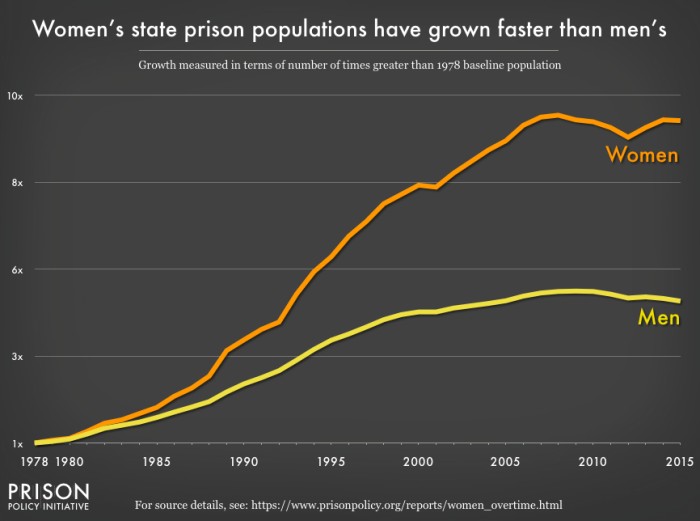
So what happened? There is some difficulty translating some of Portugal’s statistics for a few reasons. Increased candor of drug users being interviewed (a candor that wasn’t there when there was a social stigma), more rigorous polling and classification as well as improvement in measurement practices that were all either lacking or poorly executed in the previous decade. So the “starting” numbers are suspect, making it difficult in some aspect, but not all, to measure the effect and progress.
What we do know is that within ten years HIV use among drug users dropped an astounding 90% and people signing up for treatment programs went up 60%, 45 percent of the country’s heroin addicts sought medical treatment, overdose deaths went from 131 in 2001 to 20 in 2008, criminal justice workloads decreased, and illicit drug use among Portuguese teenagers users declined.
This begs the question “What could Portugal learn from Iceland?” What effect could they have by incorporating Iceland’s progressive attitude of starting with teens in school, giving them recreational centers, places to have fun, and get their all-natural highs from their alternatives?
Notice in both cases, these progressive ideas apply to users, not dealers. In some cases, the dealers are also users and in other cases, they are simply taking advantage of the addiction of users in a supply and demand manner.
America
What America does right is having media campaigns educating teens. We do have plenty of places for recreation but in most cases, it costs money, something many families don’t have. Grants and funding could go to local entertainment centers, music teachers, artists, mentor programs, skating rinks, soccer rinks, etc.
Only some states have decriminalized marijuana, but no states, as far as I know, have extended decriminalization to “harder” drugs.
While America does have treatment programs and facilities, generally speaking, the judicial system is not “tied-in” and it comes down to a particular judge. The vast majority of judges are “old-school” and just do things as they have always been done and toss them in jail. What Iceland and Portugal did was at a national level, so that would need to be done here. Judges could then use Portugal’s method of having a social worker and psychiatrist involved and offer alternative penalties and, of course, admission to rehabilitation programs.

Where America does have a monumental problem with is with the penal system.
We have a multi-billion dollar industry interwoven with powerful, wealthy businessmen and politicians who have a vested interest in not only maintaining the prison population but building new ones. When you pair an outdated, archaic judicial system that hands out prison sentences to addicts instead of rehabilitating them or pro-actively dealing with teens, with the money-hungry penal complex you have a cancer on society.
An out-of-touch judicial system that bangs their gavel and sends people away is exactly what the politicians and businessmen involved in prisons want. They may not be complicit, intentional bedfellows but this dynamic duo is sacrificing a massive segment of America’s population that simply need help, a way out, an alternative.
While the judges think in an outdated way and businessmen keep building prisons, Americans are continuing to lose the war on drugs and addiction. By not helping the addicts, sending them to Prison University, society suffers. Drug addicts re-use dirty needles spiking HIV rates, commit crimes in the community to fund their habits, users take their drugs and hop into their cars and drive our streets. We put ourselves at risk more and more every day if we don’t do something different about it.
To actually stem or even reverse the opioid crisis in New Bedford and by extension America is we need reform in three areas: the judicial system, the penal system, and society. Society’s resistance to helping heal a wound in its collective, addicts, means they are not taking an active role in making change in the penal and judicial system. That will take a loud voice and lots of lobbying, action, and voting. Those two things will not budge otherwise.
Einstein was kind of a smart guy. He said: “We can’t solve problems by using the same kind of thinking we used when we created them.” On June 18, 1971President Richard Nixon declared drug abuse “public enemy number one” and we are using the same approach to battling drugs that we used in 1971 – the “same kind of thinking.”

It’s not working.
We have to ask ourself, what is more important: battling an inanimate object – drugs – or the animate one – humans? Drugs don’t do themselves and its a fallacy to think that it is solved simply by removing the inanimate one from the planet. We’ll never get to that point. There will always be drugs and dealers as long as there is a demand.
Our “war” needs to be on humans: on the dealers which come with numerous connections and on the user in a manner that reaches them when they are young as Iceland did, decriminalizes small amounts and educates beginning users, provides treatment for addicts, alternative sentencing, and other “outside the box” methods.
After all, addiction has reached every single stratum of American society from the ![]() poorest and homeless to the richest doctor, politician or lawyer. The users we are demonizing are our literally our friends, brethren, parents, co-workers, neighbor. There are very few people who can say “I don’t know anyone who is addicted or has done drugs.”
poorest and homeless to the richest doctor, politician or lawyer. The users we are demonizing are our literally our friends, brethren, parents, co-workers, neighbor. There are very few people who can say “I don’t know anyone who is addicted or has done drugs.”
These people are not demons, they are humans and we need a human touch and approach if we are to lower crime, lower HIV, and improve society. When we recognize the reality that we are all in this together, we can then join forces and minds and find a way out together.






